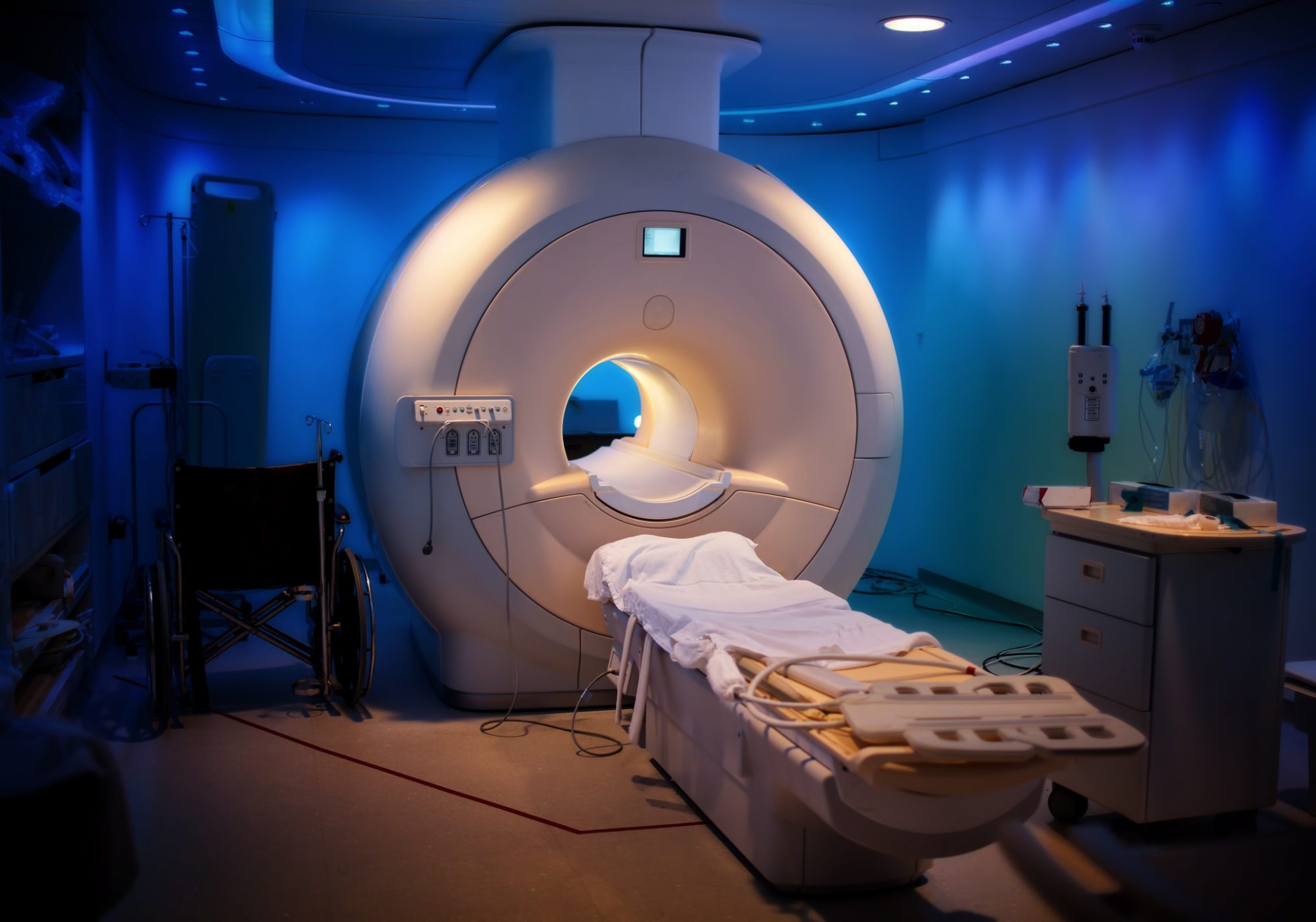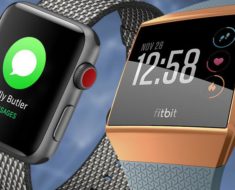
Technology has become a driving force in the field of medicine, ushering in a new era of patient care and medical advancements. From wearable devices to artificial intelligence, the latest tech trends are transforming the way healthcare is delivered and improving patient outcomes. In this article, we explore the impact of technology on medicine, the best technologies in the medical field, future trends, and the most recent medical innovations.
1. How Technology has Affected the Field of Medicine:
Technology has significantly influenced medicine in various ways. Telemedicine, for instance, has revolutionized patient care by allowing remote consultations and diagnosis. Patients can now access medical advice from the comfort of their homes, especially in rural areas or during emergencies. Additionally, Electronic Health Records (EHRs) have streamlined patient data management, enabling healthcare providers to access comprehensive patient histories for more accurate diagnoses and treatments.
Furthermore, advancements in medical imaging technologies, such as Magnetic Resonance Imaging (MRI) and Computed Tomography (CT) scans, have revolutionized diagnostic accuracy, leading to earlier detection of diseases and better treatment planning.
2. Which Technology is Best in the Medical Field:
Among the most impactful technologies in the medical field, Artificial Intelligence (AI) stands out as a game-changer. AI-driven algorithms can analyze vast amounts of medical data, assisting healthcare professionals in diagnosing conditions more accurately and quickly. AI-powered robotic surgeries have also improved precision and reduced invasiveness in surgical procedures, enhancing patient recovery rates.
Moreover, telemedicine technologies have proven invaluable, particularly during the COVID-19 pandemic, as they facilitate remote consultations, monitor patients, and ensure continuous care while minimizing the risk of viral transmission.
3. Future Technology Trends in Medicine:
The future of medicine is poised to witness even more groundbreaking technologies. Personalized medicine, leveraging genetic data and AI, will allow physicians to tailor treatment plans based on a patient’s unique genetic makeup. This approach promises to enhance treatment effectiveness and minimize adverse reactions.
Nanotechnology is another emerging trend that holds promise in medicine. Nanodevices can deliver targeted drug therapies and monitor patients’ health at a cellular level, potentially revolutionizing disease treatment and management.
4. The Most Recent Medical Technology:
One of the most recent advancements in medical technology is wearable devices that monitor patients’ clinical conditions. Epidermal-based wearables, flexible wearables, and textile-based wearables are being used to track vital signs and health metrics. These devices have the potential to monitor conditions like cancer, mental illness, and blood sugar levels, enabling real-time data collection and remote patient monitoring.
Conclusion:
Technology continues to reshape the landscape of medicine, offering innovative solutions that improve patient care, diagnosis accuracy, and treatment outcomes. From AI-driven diagnostics to wearable health monitors, the latest tech trends are transforming the healthcare industry. As we look to the future, personalized medicine and nanotechnology hold the promise of even more sophisticated medical advancements. Embracing these technologies will empower healthcare professionals to provide more precise and effective care, ultimately enhancing the well-being of patients worldwide.
Dil Bole Oberoi





